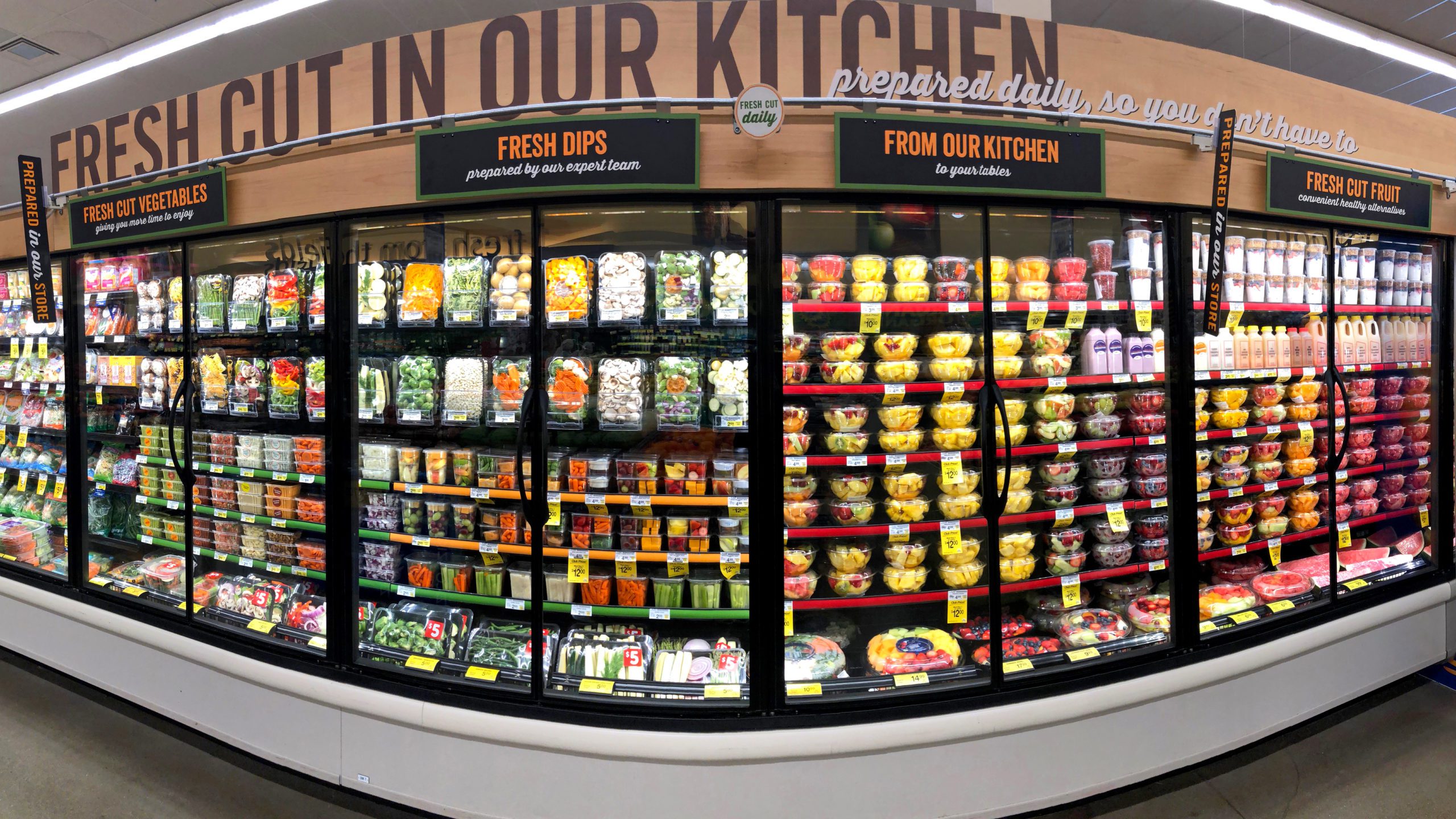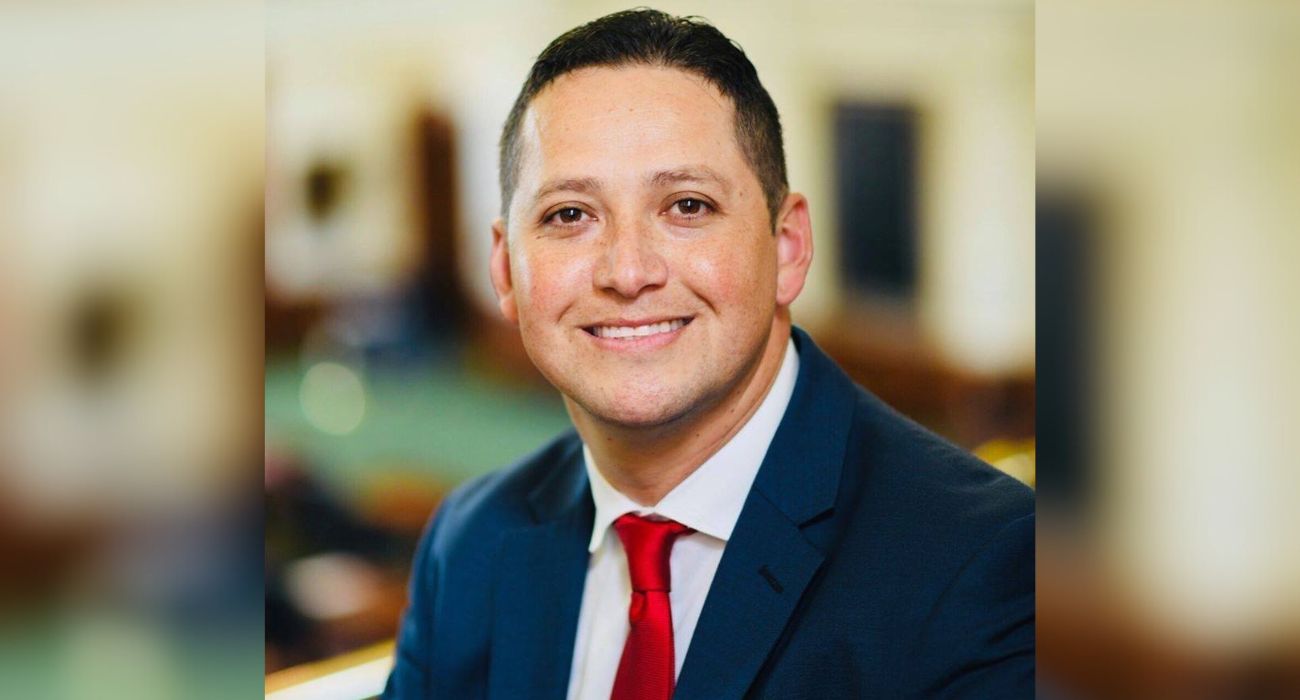Approximately 1.3 million Texas households can access the state’s emergency Supplemental Nutrition Assistance Program (SNAP), a federal program giving food assistance to eligible low-income families and individuals.
SNAP is a federally funded program that helps low-income families purchase nutritious food from local food shops. The United States Department of Agriculture (USDA) establishes all eligibility and certification policies.
The Texas Health and Human Service Commission (HHSC) received federal approval from the USDA to extend the maximum allowable amount of SNAP benefits to recipients based on family size.
In addition to the $6.9 billion that the federal government has already provided to Texans since the start of the pandemic, more than $317.9 million will be provided in food benefits in June. Several emergency extensions have been added to the program since 2020.
In a press release, Texas Governor Greg Abbott stated that “All SNAP households will receive a minimum of $95 in additional emergency allotments which should appear in recipients’ accounts by June 30.”
“Texans across the Lone Star State benefit from the nutritious food made available through the extension of emergency SNAP benefits,” Abbott added.
He thanked both the HHSC and the USDA for doing their part to help Texas families put food on their tables and remain healthy.
Even though Texas’s current unemployment rate is at a four-year low, it also has many low-income families who need assistance. According to government statistics, 3.7 million low-income residents of Texas, including over 2.4 million children, receive SNAP benefits.
In April of 2020, near the beginning of the COVID-19 pandemic, Texas saw 417,468 applications for the SNAP program, which is more than triple the applications filed in that month the previous year and about double those filed in March of 2020, government statistics show.
“SNAP has always tracked unemployment. So as long as unemployment and poverty stay high, SNAP need will stay high,” said Rachael Cooper with the Center for Public Policy Priorities.
Another critical factor during the pandemic was that some children did not receive school lunches while schools were under lockdown. Many schools, however, continued to make school lunches available for pick-up during lockdowns.






